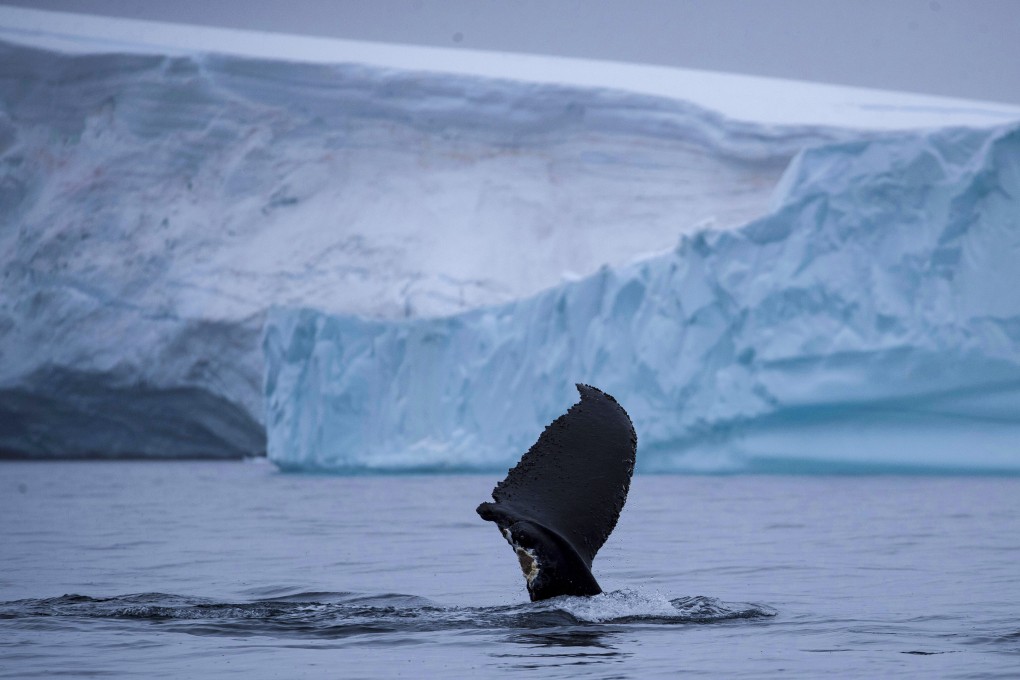Advertisement
President Xi Jinping talks the talk on conservation, fails to walk the walk in Antarctica
- China says it wants to be a leader in ecological governance, but has sided with Russia to block proposed protected areas in the Southern Ocean
- Environmentalists say the failure to protect this critical ecosystem is ‘deeply concerning’
Reading Time:3 minutes
Why you can trust SCMP

President Xi Jinping told the United Nations at the end of September that China was ready to take a global leadership role in ecological governance. But a month later that did not translate into a policy shift in Antarctica, as Beijing sided with Moscow to block the introduction of three marine protected areas in the Southern Ocean.
Environmentalists said they were disappointed by the failure to reach a consensus at an annual meeting of the Commission for the Conservation of Antarctic Marine Living Resources (CCAMLR), held on October 27-30.
“Overall, the failure of global leadership to protect this critical ecosystem is deeply concerning,” said Andrea Kavanagh, the director of Antarctic and Southern Ocean work at The Pew Charitable Trusts, in a written statement.
Advertisement
“On the 200th anniversary of the discovery of Antarctica and on the eve of the 60th anniversary of the Antarctic Treaty going into force – an agreement reached near the height of the Cold War to protect an entire continent – establishing new marine protected areas in the Southern Ocean should have been an easy decision.”

03:05
China vows carbon neutrality by 2060 during one-day UN biodiversity summit
China vows carbon neutrality by 2060 during one-day UN biodiversity summit
Beijing has released a flurry of environmental pledges in the last few weeks, saying China will be carbon neutral by 2060 and capped by Xi’s online speech at the UN Summit on Biodiversity that included plans for legislation to preserve biodiversity. This was seen as China stepping into the environmental leadership role left by the Trump administration’s decision to withdraw the US from the Paris Agreement to tackle climate change.
Advertisement
Advertisement
Select Voice
Select Speed
1.00x